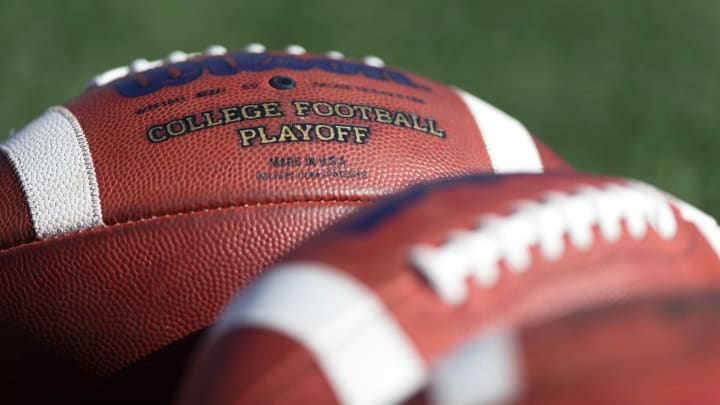PSU Doctor Warns of COVID-19 Causing Heart Inflammation in Athletes

Penn State's director of athletic medicine says roughly a third of Big Ten athletes who contracted COVID-19 have shown symptoms of myocarditis, an inflammation of the heart muscle.
Wayne Sebastianelli, who is also the team doctor for Penn State football, revealed the findings Monday during a local State College Area School District board of directors meeting. He said cardiac scans of Big Ten athletes with COVID-19 showed "30 to roughly 35% of their heart muscles" indicated symptoms of the condition.
"We really just don’t know what to do with it right now," Sebastianelli said, according to the Centre Daily's Parth Upadhyaya. "It’s still very early in the infection. Some of that has led to the Pac-12 and the Big Ten’s decision to sort of put a hiatus on what’s happening.”
Sebastianelli said in an email to the Pennsylvania Centre Daily Times that he has had no direct conversation with the school's president on the topic. However, he added that "we all have concerns for the health and safety of every PSU student-athlete, as well as those at every level of competition; this is a public health issue.”
On Thursday evening, Penn State released a statement clarifying Sebastianelli's remarks. The school said that Sebastianelli "recalled initial preliminary data that had been verbally shared by a colleague on a forthcoming study, which unbeknownst to him at the time had been published at a lower rate."
"The research was not conducted by Dr. Sebastianelli or Penn State. Dr. Sebastianell wishes to clarify this point, and apologize for any confusion."
On Thursday, ESPN reported that almost half of the 65 schools in the Power 5 conferences declined to share data about how many positive COVID-19 tests their schools have had. Among the 26 schools that did respond to ESPN's survey, only Oregon State reported having an athlete who developed heart-related issues after contracting COVID-19. The Beavers, however, said it was not myocarditis.
More College Football: After a Contentious Summer, Football Plays On. Why? It's Complicated.
ESPN reported last month that at least five Big Ten athletes had developed myocarditis.
Both the Big Ten and Pac-12 have postponed their fall sports seasons, while the ACC, Big 12 and SEC still remain scheduled to play.
The Big Ten presidents voted 11-3 to postpone their season, a move they say was based on the advice from medical experts. The Pac-12's medical advisors also recommended to school presidents that they should postpone fall sports.
“I do believe we made the right decision,” Stanford head coach David Shaw recently told Sports Illustrated's Pat Forde. “I’m going to have that pit in my stomach [watching football], because I love the sport. When the time is right and we can play in an environment that is safe for the student-athletes and for our staff, we’ll get our chance to go out and compete. And we’ll be ready.”
